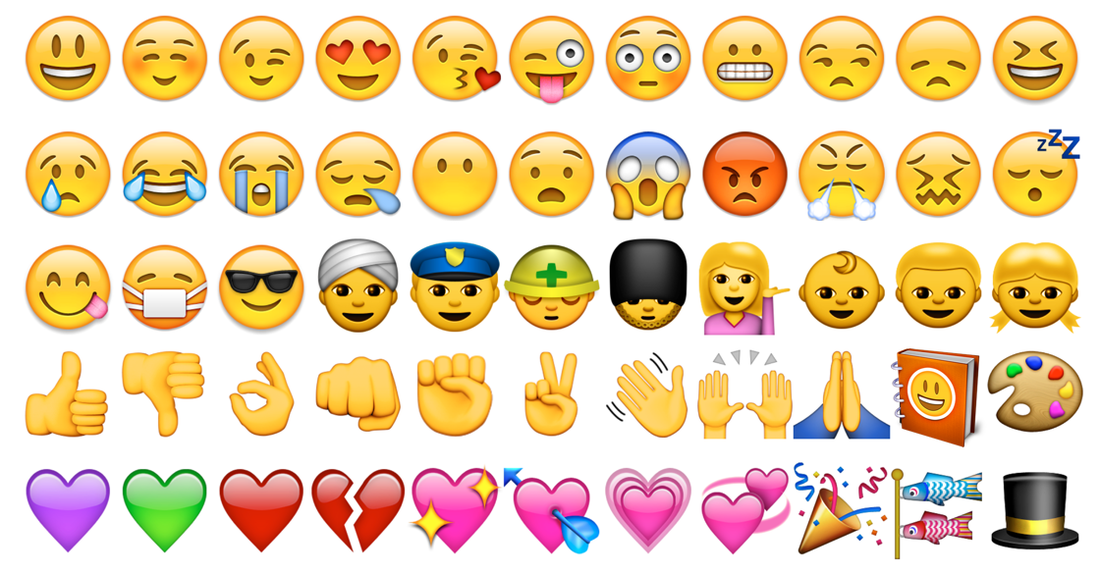I can’t help but think it ironic that in the time when we wrote letters and some of us perhaps wrote diaries, there really was so much to write. And we actually wrote! I’m not sure how things run in schools and colleges these days, but being from the Humanities stream, I remember writing reference notes for hours sitting in the college library. I do not remember what exactly I wrote in those 3-hour long exams – but I know my answer sheet booklet was full. Now, I doubt I can write one paragraph without making a mistake. What’s worse, I’m sure I will miss the keyboard after I’ve jotted the first sentence.
I did not spend much time in the typewriting phase – just that bit that was necessary to write (type) for the typewriting exam. I went on to build my career in technical writing. That involves a whole lot of word processors and other content writing and content management software. But that I do for a living. My letter writing has died down completely. The last diary I maintained was perhaps 15 years back. I’m still in touch with friends and family the world over, but that communication too has graduated from snail mail, to email, to IM (Instant Messaging), to poking, to messaging on WhatsApp.
Isn’t it strange that we have tools that help us write quickly, easily and more accurately (thanks to Spell check and Grammar check) but our abilities to actually write have diminished significantly? We rely on all sorts of short forms and emoticons. Right from GM, LOL, FYI, BRB, and BFN to a host of emoticons, we seem to be challenged when it comes to expressing ourselves using words, sentences, paragraphs. Those absolutely adorable emoticons/emojis are so handy, why not use them and appear peppy? Appear young and happening?
It took us thousands of years to develop a language and write and express in it, write remarkable prose and poetry in it, and now all we can do is send grins and smileys? Are we moving at a rapid pace towards the Stone Age? Is this what is meant when people say that all things are cyclical? I mean what’s the difference between a Stone Age drawing in a cave and our emoticons (except that ours are on smart phones and other devices)? It does not seem very smart to me to be losing track and sense of language like this.
BRB with a new post soon. BFN :)

